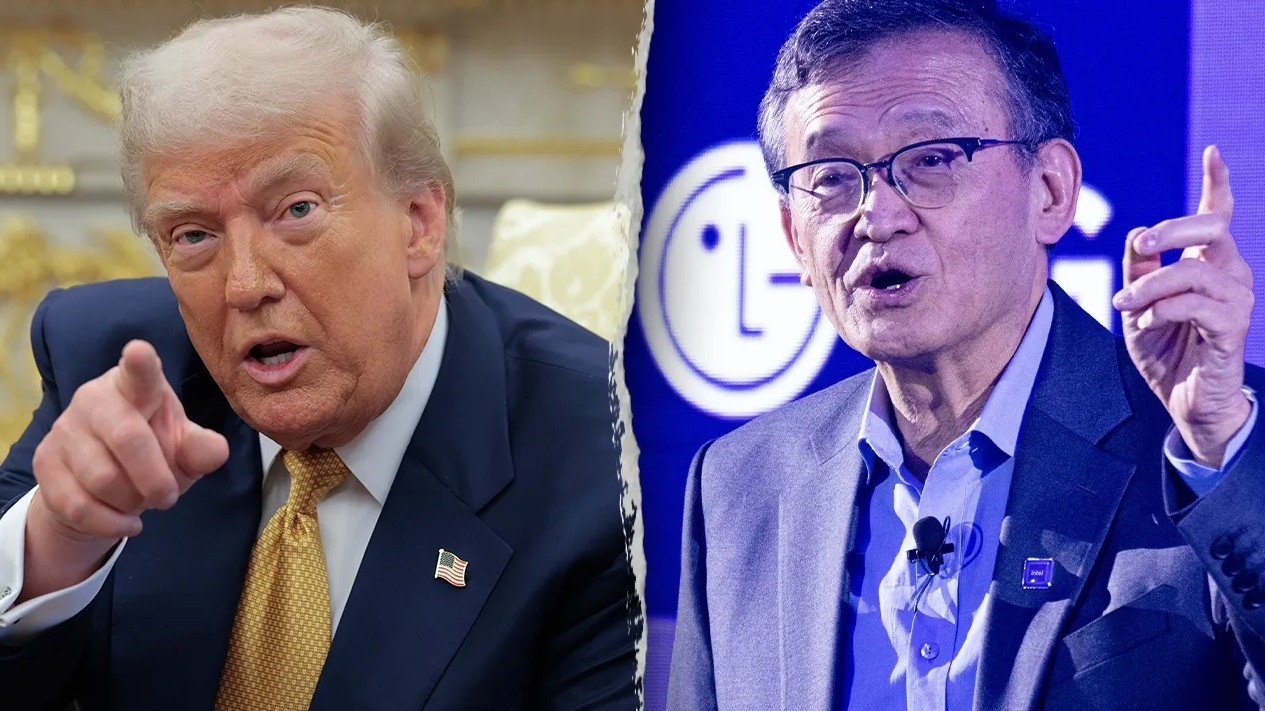Trump Will Favor More Government-Stake Companies Like the Intel Deal, and It Could Be Dangerous
The Trump administration is accelerating an unprecedented shift in U.S. economic policy by taking direct ownership stakes in private companies, starting with a 10% share of Intel. The move signals a b

The Trump administration is accelerating an unprecedented shift in U.S. economic policy by taking direct ownership stakes in private companies, starting with a 10% share of Intel. The move signals a broader White House strategy to establish a sovereign wealth fund, a concept more familiar in resource-rich countries than in the United States, and raises both strategic opportunities and potential risks for corporate America.
Last Friday, the White House announced it had acquired a 10% stake in Intel, valued at about $8.9 billion, combining funds from the 2022 CHIPS Act and other government allocations tied to secure chip production. Kevin Hassett, director of the National Economic Council, framed the deal as part of a larger plan to launch a U.S. sovereign wealth fund.
“The President has made it clear all the way back to the campaign, he thinks that in the end, it would be great if the U.S. could start to build up a sovereign wealth fund,” Hassett said on CNBC. He added that more transactions could follow, “if not in this industry then in other industries.”
Trump signed an executive order in February to begin forming such a fund. Sovereign wealth funds, common in Norway, China, and the Middle East, typically channel natural resource surpluses into global investments. By contrast, Washington’s version appears designed to bolster national control over strategically vital industries such as semiconductors, artificial intelligence, nuclear energy, and even cryptocurrency.
While the administration insists it will not interfere in Intel’s day-to-day operations, the company itself warned of potential consequences. In a securities filing, Intel flagged the government’s 10% stake as a new risk factor, citing the potential for international backlash, reduced global sales, and limits on future grant eligibility. Intel generated 76% of its revenue outside the U.S. in 2024, with 29% of sales tied to China—a market particularly sensitive amid escalating U.S.–China tensions.
Trump, however, touted the deal as a cost-free win for America. “I PAID ZERO FOR INTEL, IT IS WORTH APPROXIMATELY 11 BILLION DOLLARS. All goes to the USA,” he wrote on Truth Social. “I love seeing their stock price go up, making the USA RICHER, AND RICHER. More jobs for America!!!”
The strategy echoes other interventions. In July, the Department of Defense became the largest shareholder in MP Materials, after a $400 million investment in preferred stock, warrants, and a decade-long purchase commitment for rare earth oxides. Trump has also demanded a “golden share” in the Nippon–U.S. Steel deal, ensuring the government retains veto power over sales or fundamental reorganizations of the company.
Government ownership of corporations is not unprecedented in the U.S.—stakes in Fannie Mae and Freddie Mac during the 2008 crisis come to mind—but the Trump administration’s approach is different. Rather than emergency bailouts, the strategy represents a proactive attempt to embed the government in industries deemed essential for national security and economic dominance.
Supporters argue this could safeguard critical supply chains and promote onshoring of production. Hassett described the approach as part of a larger economic toolkit that also includes tariffs to drive manufacturing back to U.S. soil.
But critics warn of risks. Intel’s disclosure shows how direct government stakes could politicize corporate decision-making, alienate foreign customers, and restrict business flexibility. For smaller firms or those with global exposure, such government involvement could carry reputational and financial costs.
The push toward government stakes in private companies suggests Washington is no longer content to rely solely on regulation, subsidies, or tariffs. Instead, the White House is positioning itself as an active shareholder with potential influence over the strategic direction of corporate America.
As Trump signals interest in extending this model to sectors like AI, nuclear energy, and crypto, the stakes are growing higher. While the approach may strengthen national control and create jobs, it risks injecting political influence into markets at a time of heightened geopolitical tension—particularly with China.
Disclaimer: The views in this article are from the original Creator and do not represent the views or position of Hawk Insight. The content of the article is for reference, communication and learning only, and does not constitute investment advice. If it involves copyright issues, please contact us for deletion.